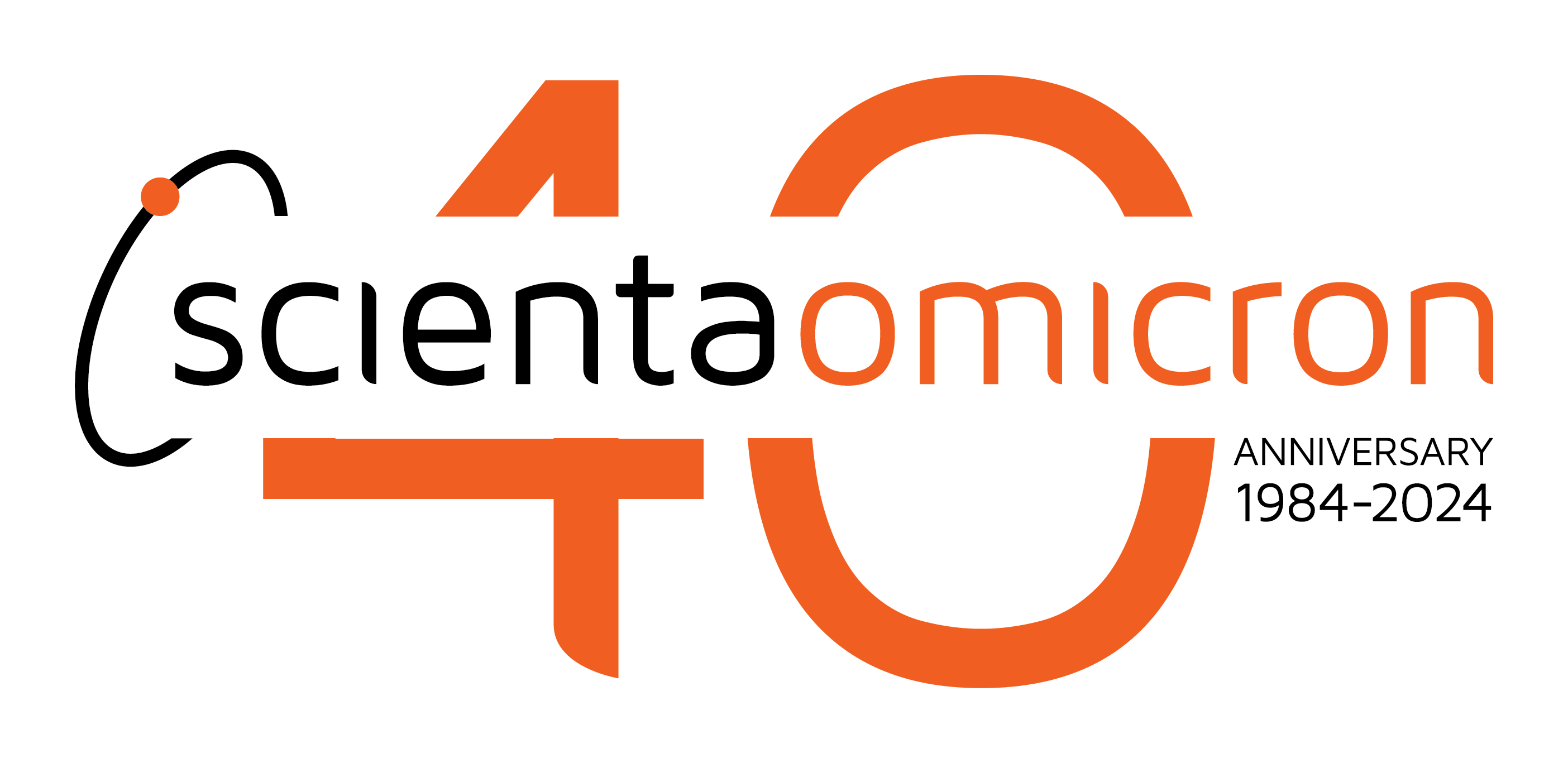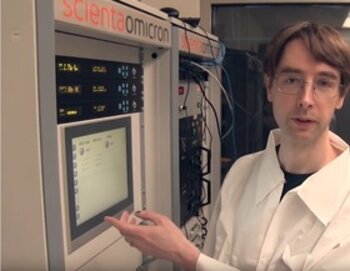Materials Innovation Platform at the 2DCC, Penn State University, USA
Scienta Omicron is elated that our Materials Innovation Platform (MIP) is enabling research at the 2D Crystal Consortium (2DCC) national user facility at Penn State University, supported by the National Science Foundation (NSF).
The 2DCC facility at Penn State focuses on transformative advances in the synthesis and characterisation of 2D chalcogenide layered materials. This centre brings together experts in materials synthesis, characterisation and modelling to streamline and accelerate the ability of users to discover, manufacture and deploy new materials for a variety of applications, including next generation devices, quantum mechanics and DNA sequencing.
For the 2DCC facility Scienta Omicron specifically configured a MIP that includes the ARPES Lab, EVO 50 MBE and LT Nanoprobe, based on a Central Distribution Chamber design. It is the first MIP that Scienta Omicron has installed in North America.
Scienta Omicron’s MIPs integrate instrumentation for growth and detailed characterisation of samples in-situ. Not only is sample cleanliness preserved by maintaining UHV conditions between instruments, but analysis and growth can be done at intermediate process steps and performed far more rapidly than if the instrumentation was separated. Scienta Omicron offers the broadest range of UHV surface chemical and structural analysis techniques that are fully integrated and interfaced by a single supplier.
In this Introduction to the 2DCC-MIP video, Dr. Joan Redwing, 2DCC-MIP Director, states that the centre’s, “…in vacuo analysis and imaging abilities are crucial to our current efforts to synthesise hybrid materials composed of layers of different elements, a technique that will unleash a world of possibilities for custom tailored materials with exciting new possibilities”.
Scienta Omicron is proud and excited that our MIP is facilitating world leading science at Penn State University, by enabling theory, synthesis and characterisation of chalcogenide layered materials to be conducted in a closed loop approach.
More information about the 2DCC facility at Penn State and Scienta Omicron’s MIP systems are available through these links.

